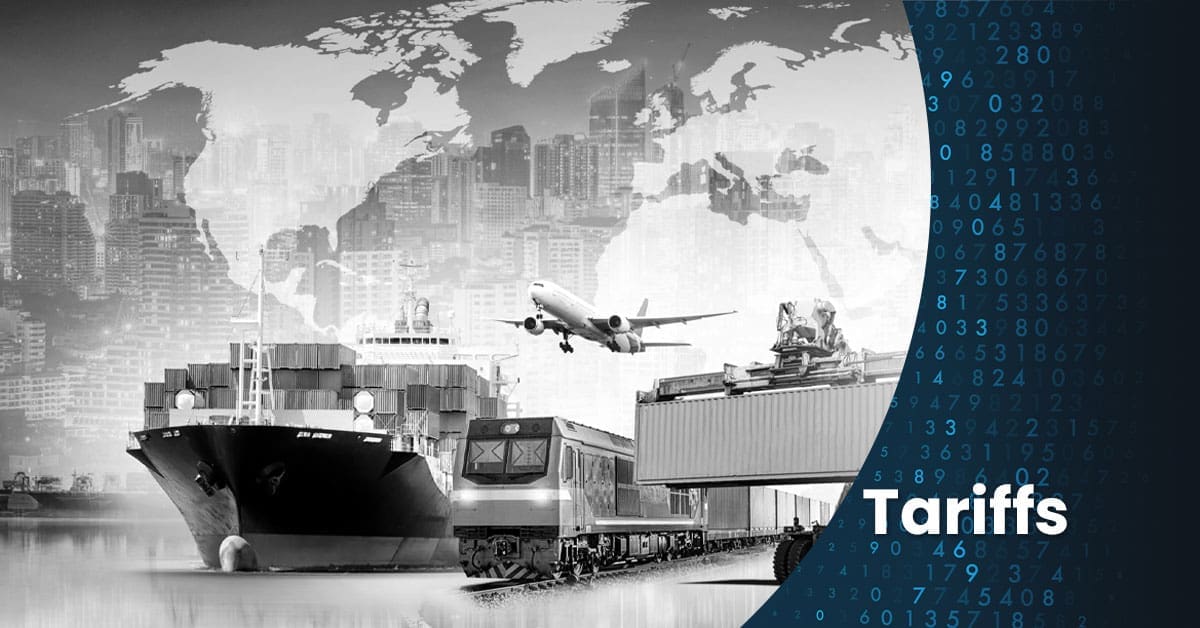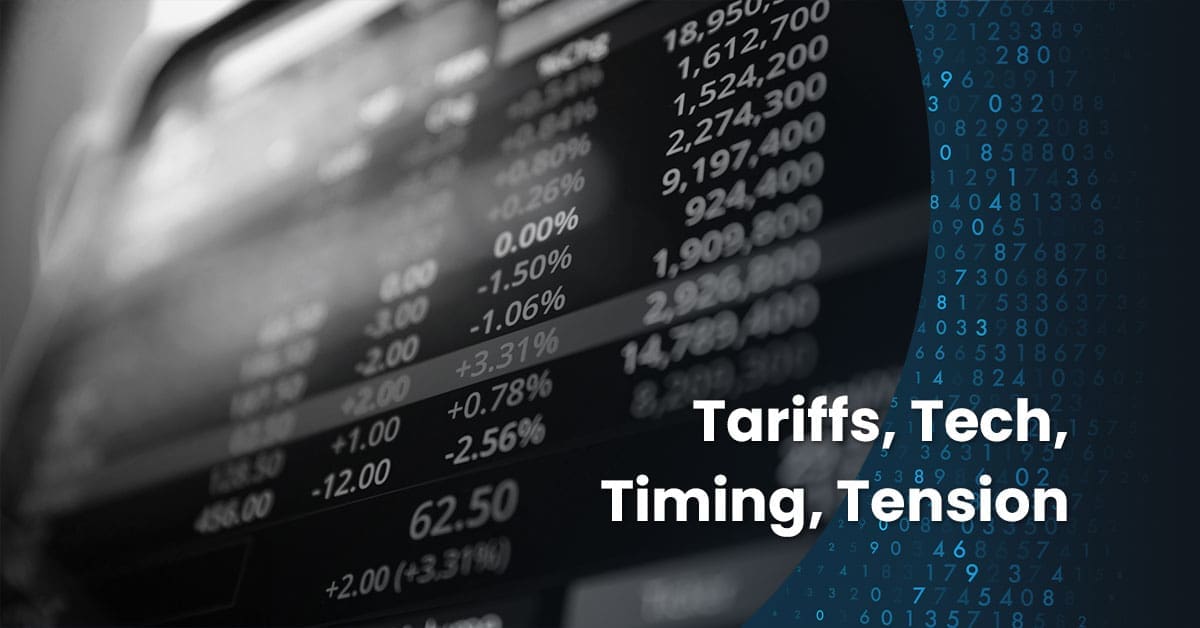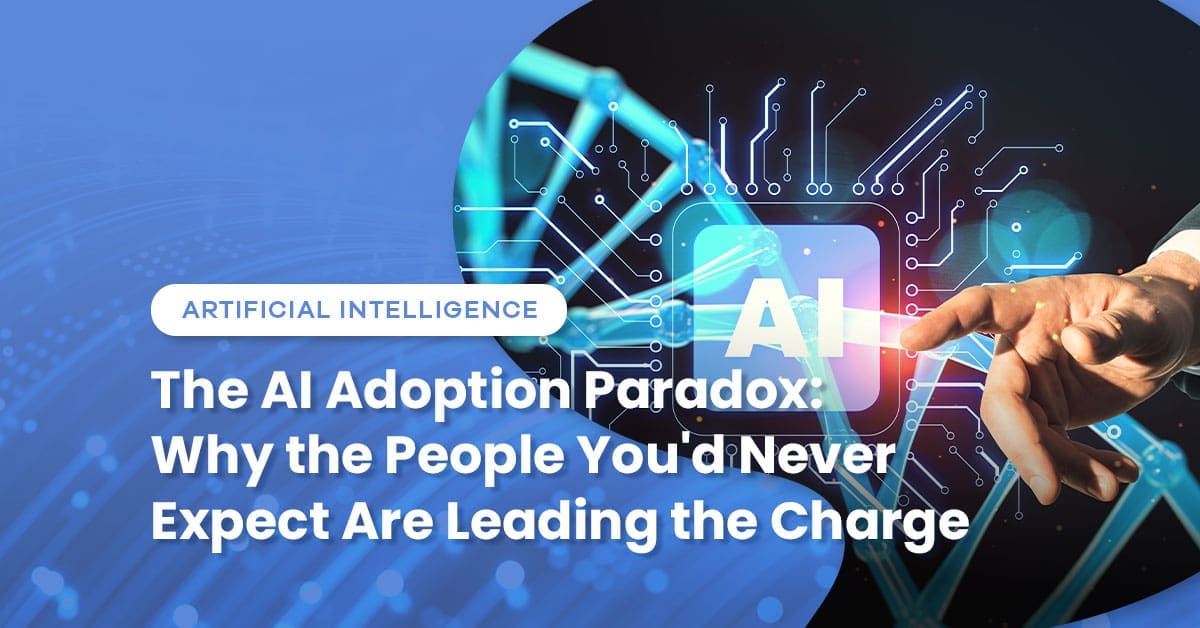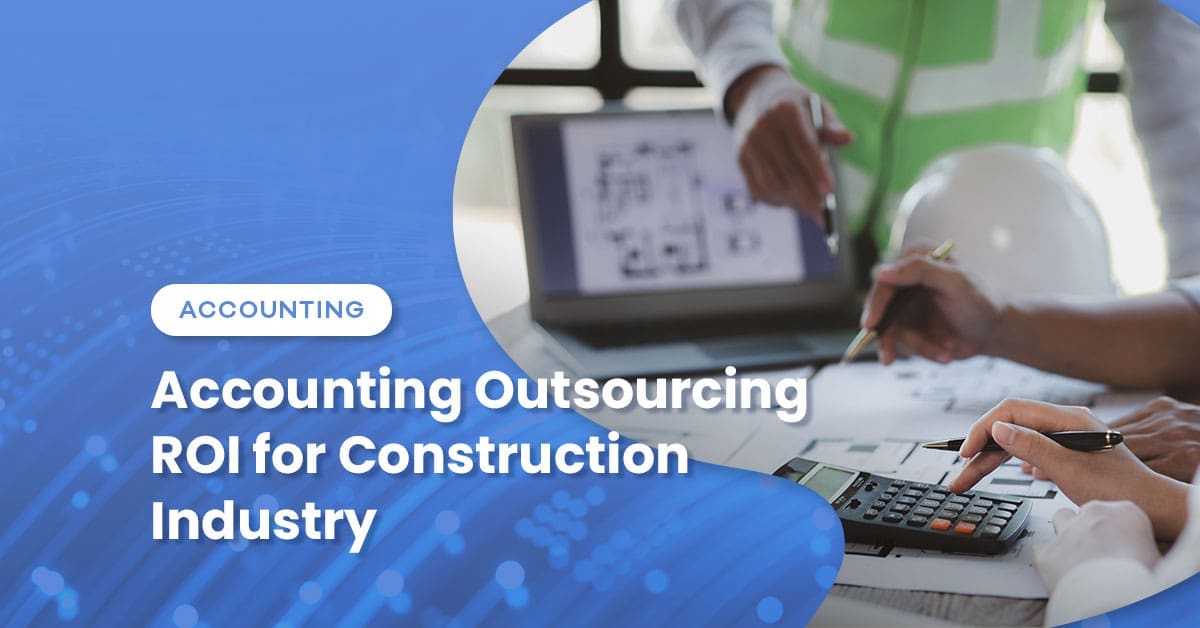Generative AI is everywhere, revolutionizing industries across the globe, and the tax industry is no exception. This advanced technology is enhancing efficiency and changing how businesses and tax professionals approach compliance, planning, and reporting. With its ability to analyze vast amounts of data and produce insightful recommendations, the impact of generative AI on the tax industry is moving us into a new era in tax automation.
What is Generative AI?
Generative AI is artificial intelligence that can create content, analyze patterns, and provide data-driven insights. By leveraging machine learning models like GPT (Generative Pretrained Transformers), generative AI can process complex information and output human-like text or detailed analytics. Its potential to transform traditional workflows makes it a natural fit for industries like tax, where accuracy, data intelligence, and time efficiency are critical.
The Role and Impact of Generative AI in the Tax Industry
Enhanced Tax Compliance
One of the most significant challenges in the tax industry is staying current with changing tax regulations. Generative AI tools can continuously monitor global tax laws and regulatory updates, providing timely alerts and actionable insights to tax professionals. This ensures compliance across jurisdictions and reduces the risk of costly errors or penalties.
For example, generative AI can review a company’s financials and automatically identify potential compliance gaps or discrepancies. By analyzing previous filings, these tools can also flag inconsistencies and suggest areas for improvement, making compliance a seamless process.
Streamlined Tax Automation
Tax preparation and filing are often labor-intensive and time-consuming tasks. Generative AI automates repetitive processes like data entry, calculations, and document generation, allowing tax experts to focus on more strategic activities. With its ability to rapidly process volumes of data, generative AI minimizes human error and accelerates workflows.
Companies can utilize generative AI to automate multi-jurisdictional tax filings, efficiently handling rate variations, rules, and reporting formats. Such automation saves time and leads to more accurate tax returns.
Improved Tax Planning
Tax planning relies heavily on projections and scenario modeling. Generative AI tools can simulate various tax strategies by analyzing historical data and real-time inputs. Through predictive analytics, these tools can recommend optimal financial moves that align with both short-term goals and long-term strategy.
For example, generative AI can advise businesses on time capital investments or expense allocations to maximize tax benefits, resulting in more intelligent decision-making and increased profitability.
Advanced Data Analysis and Reporting
The tax world operates on data—lots of it. Sifting through massive datasets to find trends or insights can be overwhelming. Generative AI simplifies this by analyzing data at scale and drawing actionable conclusions. Whether detecting unusual trends in financial records or identifying opportunities for deductions, these tools enhance a company’s overall tax efficiency.
Beyond analysis, generative AI excels in creating detailed, easy-to-understand reports. Tax professionals can effectively communicate complex findings with clients or stakeholders, fostering transparency and trust.
Personalized Client Experiences
From individuals to corporations, everyone’s tax situation is unique. Generative AI enables tax firms to offer personalized advice and solutions tailored to clients’ needs. By synthesizing everything from income patterns to spending habits, AI tools ensure a tailored approach that delivers maximum value for each client.
Risk Analysis and Fraud Detection
Fraudulent activity and compliance risks pose significant challenges in taxation. Generative AI tools can analyze anomalies in tax filings and detect discrepancies that may point to fraud. These tools learn patterns over time, becoming more adept at pinpointing risks and alerting professionals in real-time.
Regulators and tax authorities also leverage generative AI to monitor filings and audit records, ensuring transparency and discouraging fraudulent practices.
Transforming the Tax Professional’s Role
While some fear that automation will replace tax professionals, the reality is quite the opposite. Even AI knows you will always need to consult with your tax professional. Generative AI enhances human expertise by handling repetitive tasks and providing in-depth insights. Instead of spending hours on data entry or compliance reviews, tax professionals can focus on high-value activities like strategy, business advisory, and client relationship management.
The collaboration between generative AI and human expertise creates a synergy where technology handles the heavy lifting, and professionals provide guidance with knowledge and nuance that only humans can offer.
Challenges of Generative AI in Tax
Despite its numerous advantages, implementing generative AI in the tax industry does come with challenges, including:
- Accuracy of AI Models: Ensuring the AI generates reliable and error-free data.
- Data Privacy and Security: Tax data is highly sensitive and protecting it from breaches is critical.
- Ethical Implications: Balancing automation with human oversight to avoid over-reliance on AI.
Addressing these challenges requires thoughtful implementation strategies, continuous monitoring, and adherence to best practices in AI ethics and data governance.
The Road Ahead for Generative AI in Tax
Generative AI represents a paradigm shift in how the tax industry operates, offering unparalleled efficiency, improved accuracy, and enhanced strategic decision-making. Early adopters of this technology stand to gain a distinct competitive advantage, creating more value for their clients and setting new benchmarks for the industry.
At the same time, the evolving role of tax professionals highlights the importance of balancing technological innovation with human expertise. Those who learn to leverage generative AI without losing their client-centric approach will be best equipped to thrive in this new era.
As the impact of generative AI on the tax industry continues evolving, its integration has only just begun. Whether you’re a multinational corporation or a small business, now is the time to explore how AI tools like tax automation can drive your success.
Talk to Wiss About Integrating Generative AI in Tax
If you are curious to see how AI can revolutionize your tax operations, contact our experts at Wiss. Our team members are ready to support you and create a tailored approach in leveraging generative AI for your tax and accounting needs.
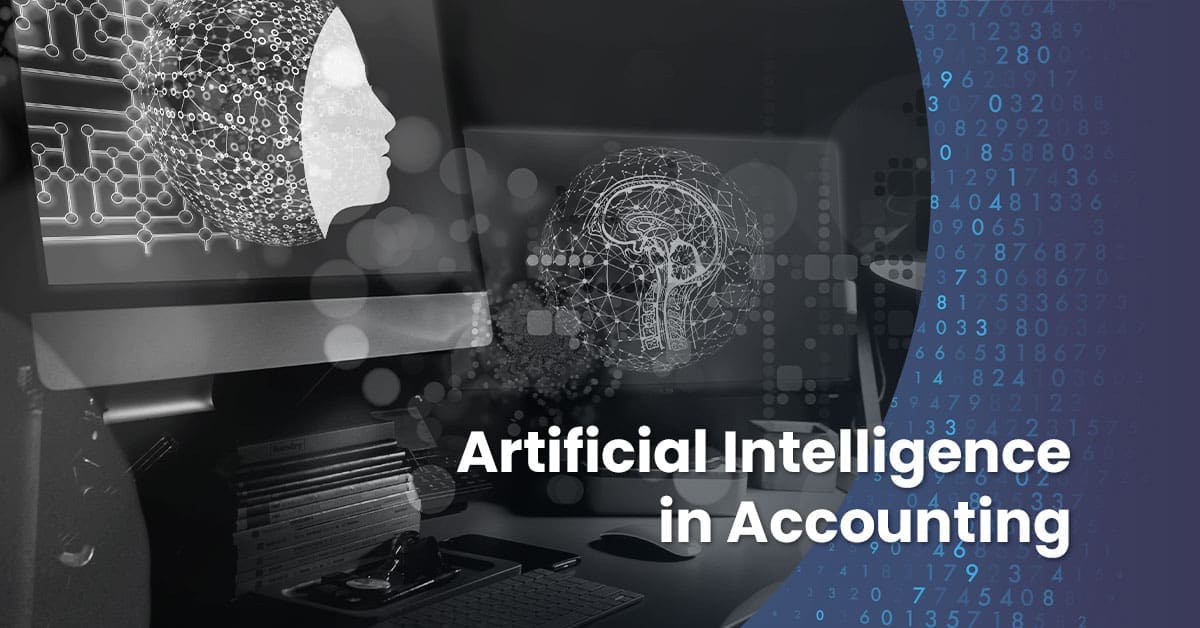




 Previous
Previous